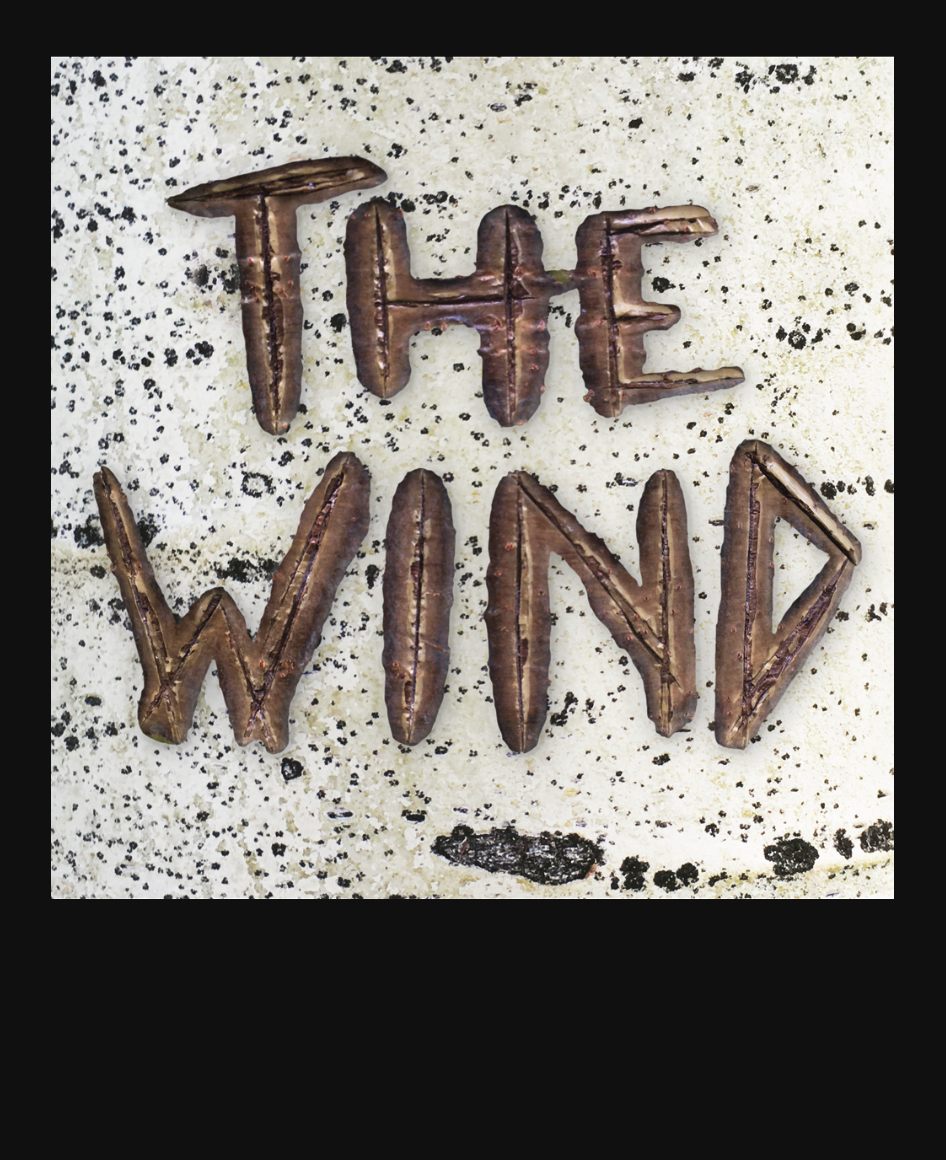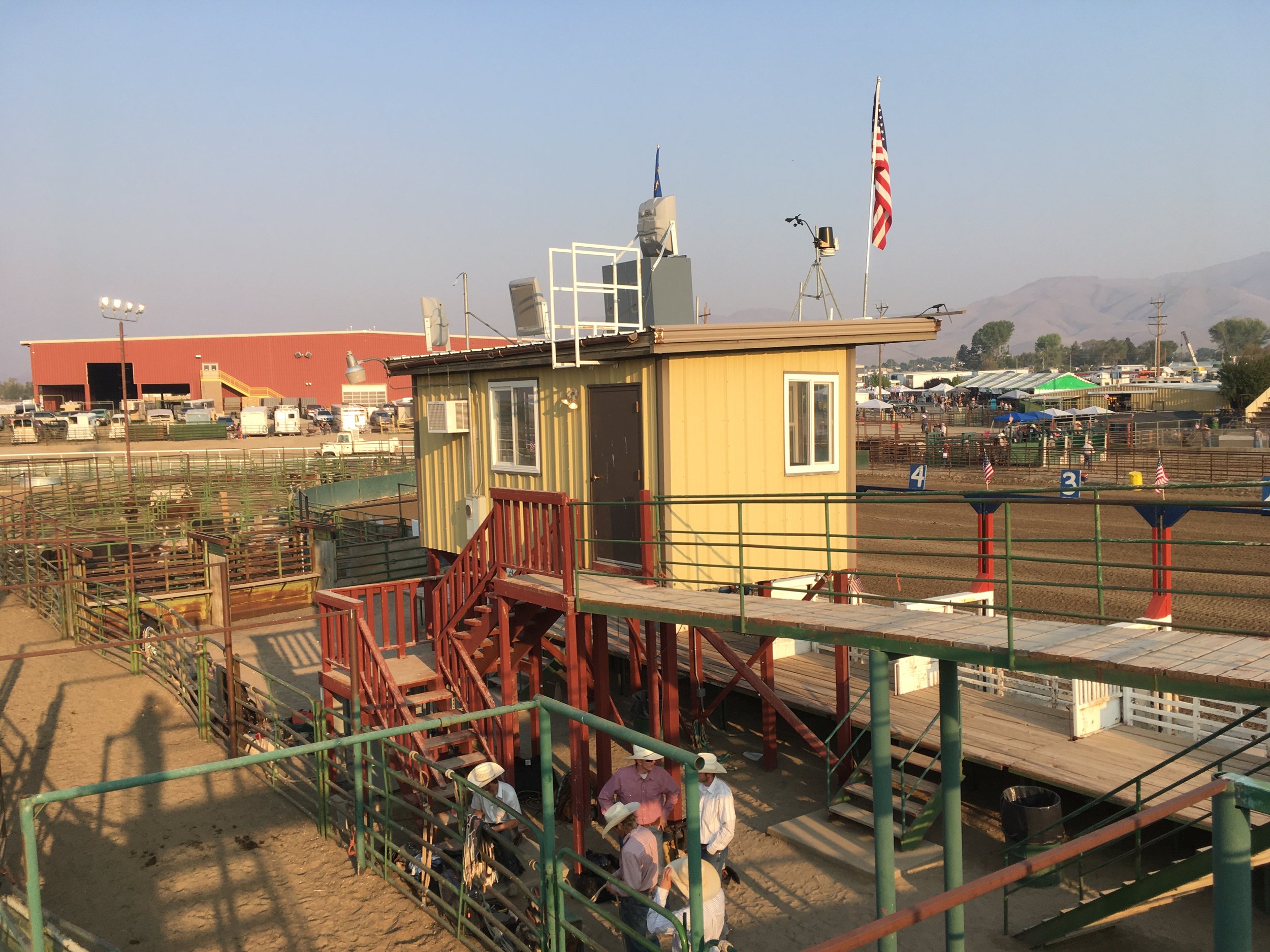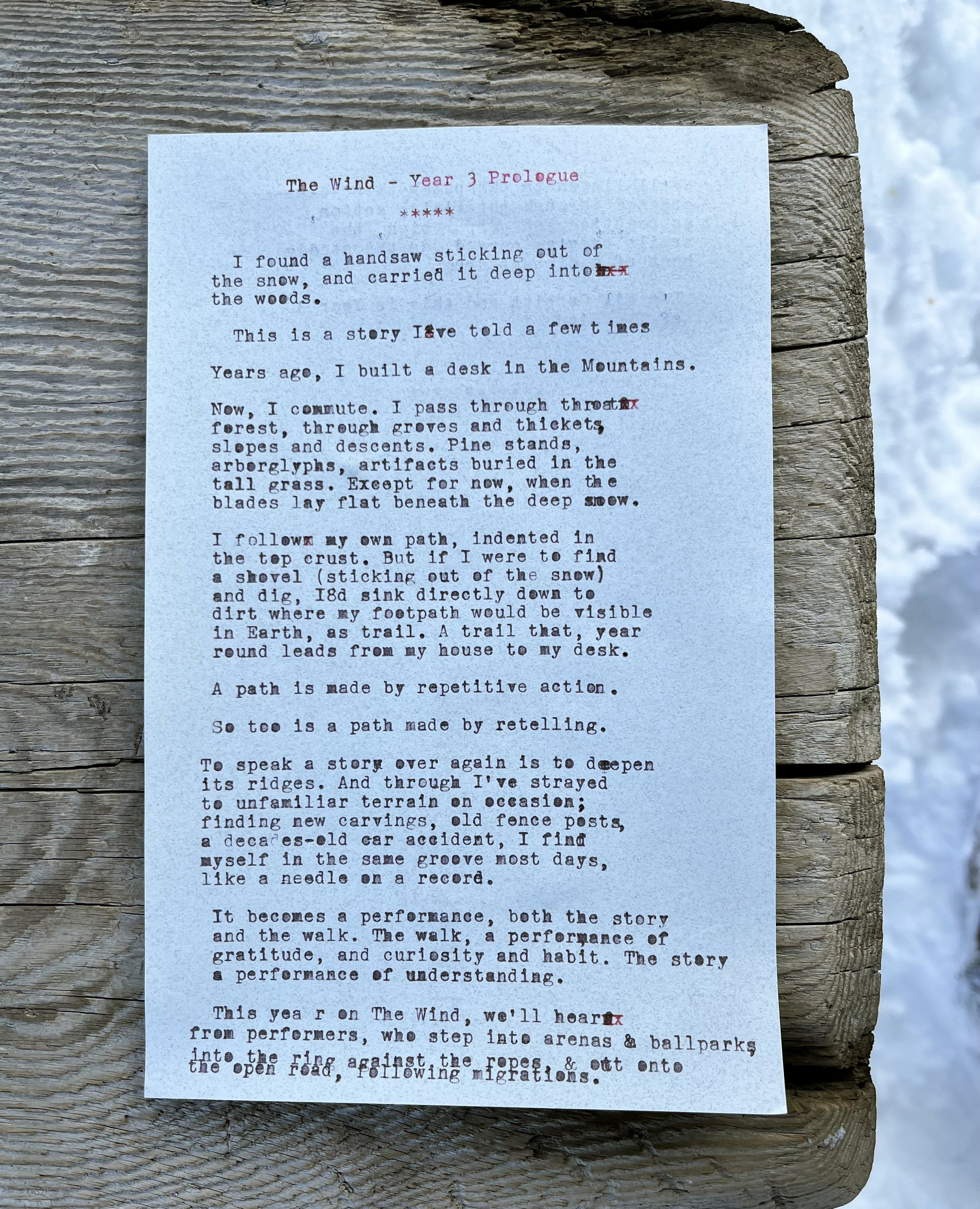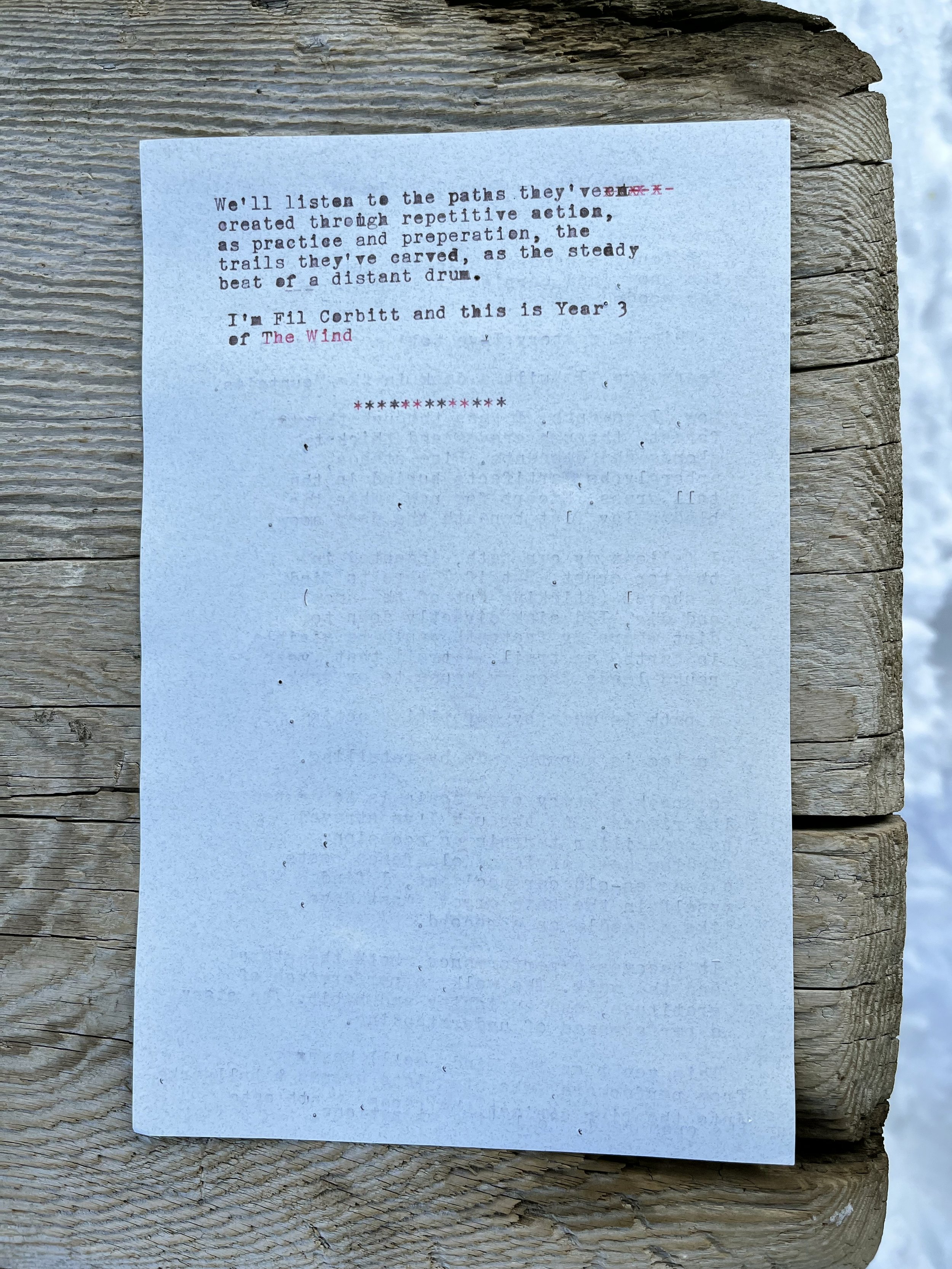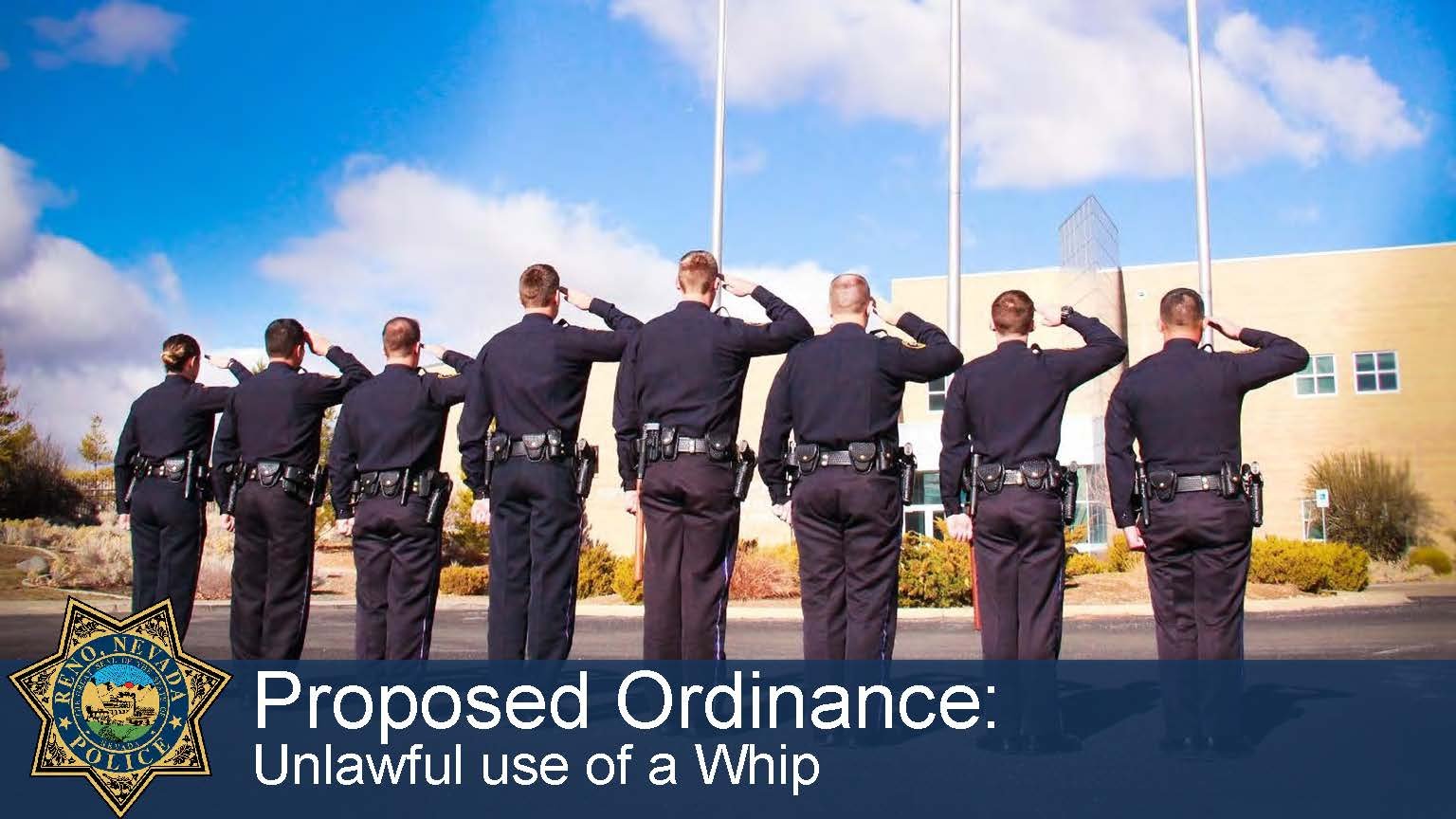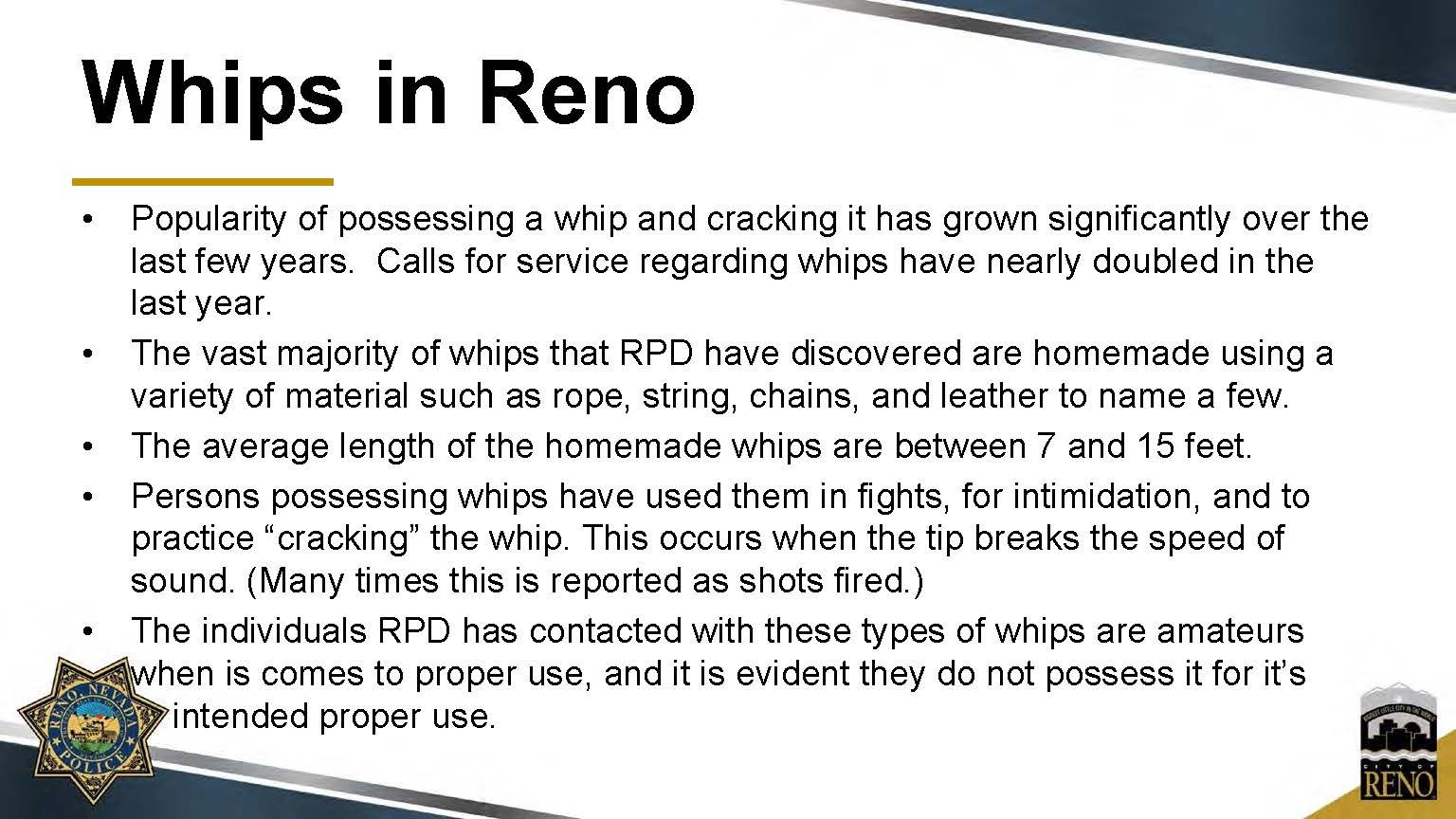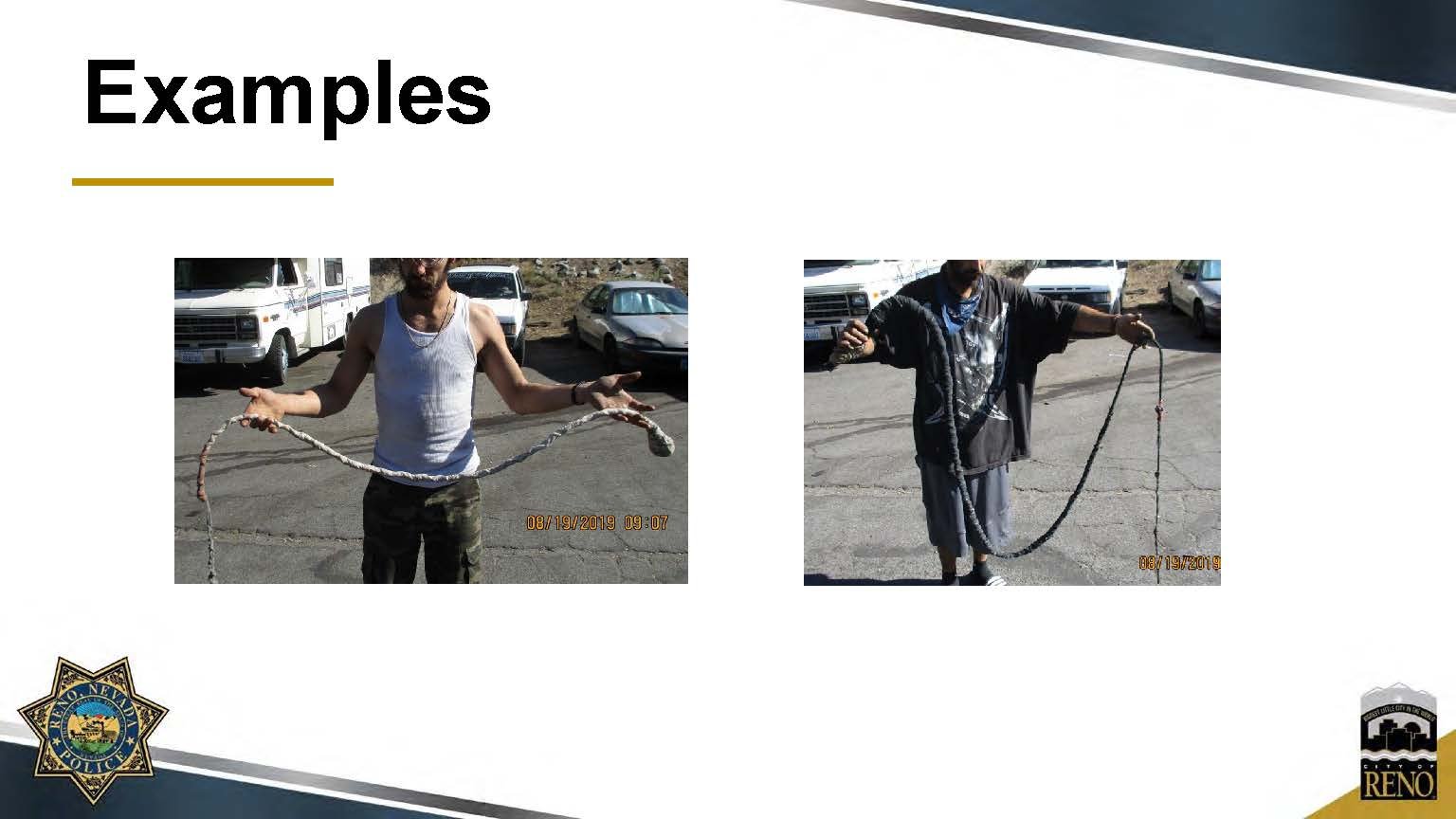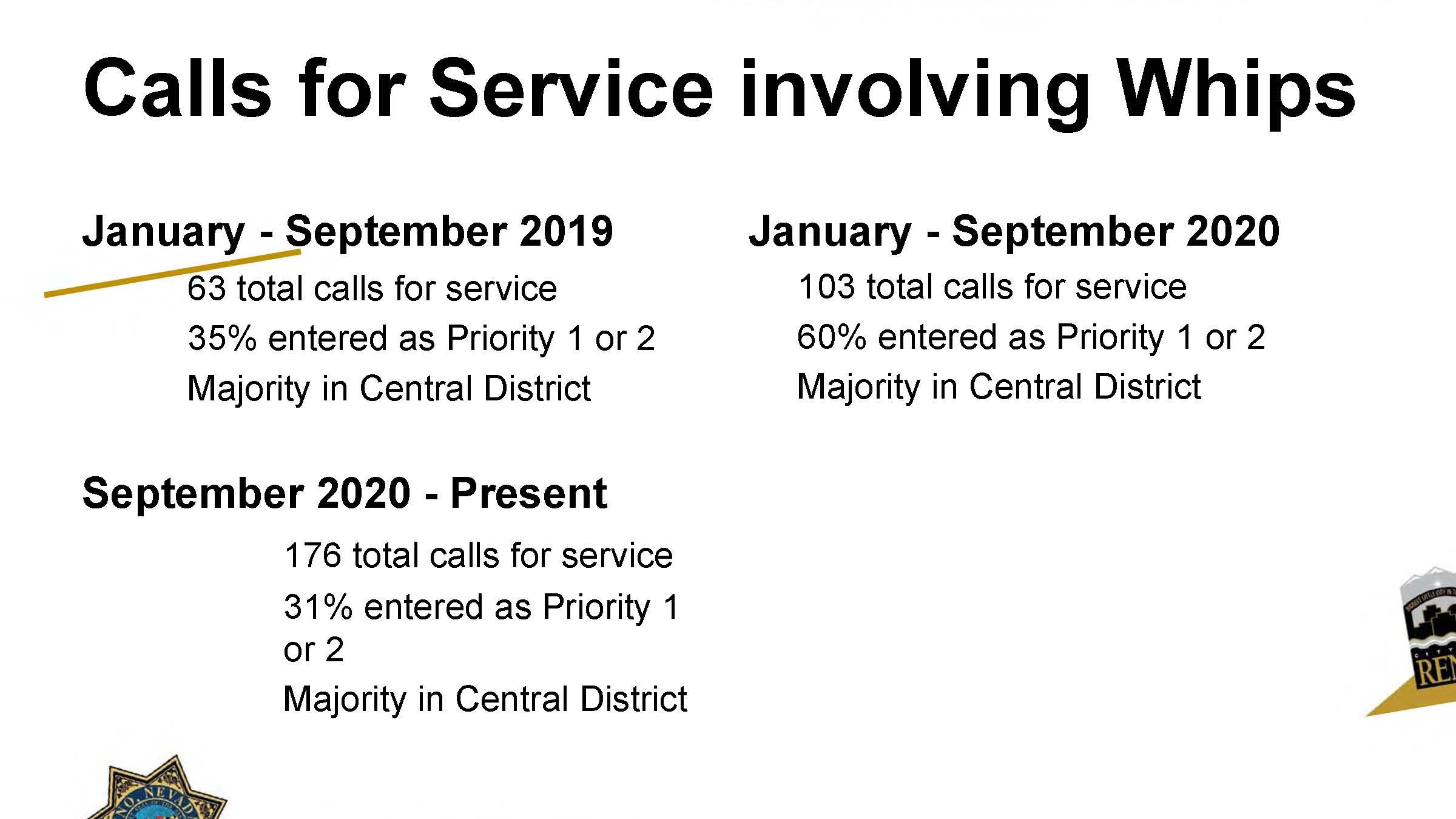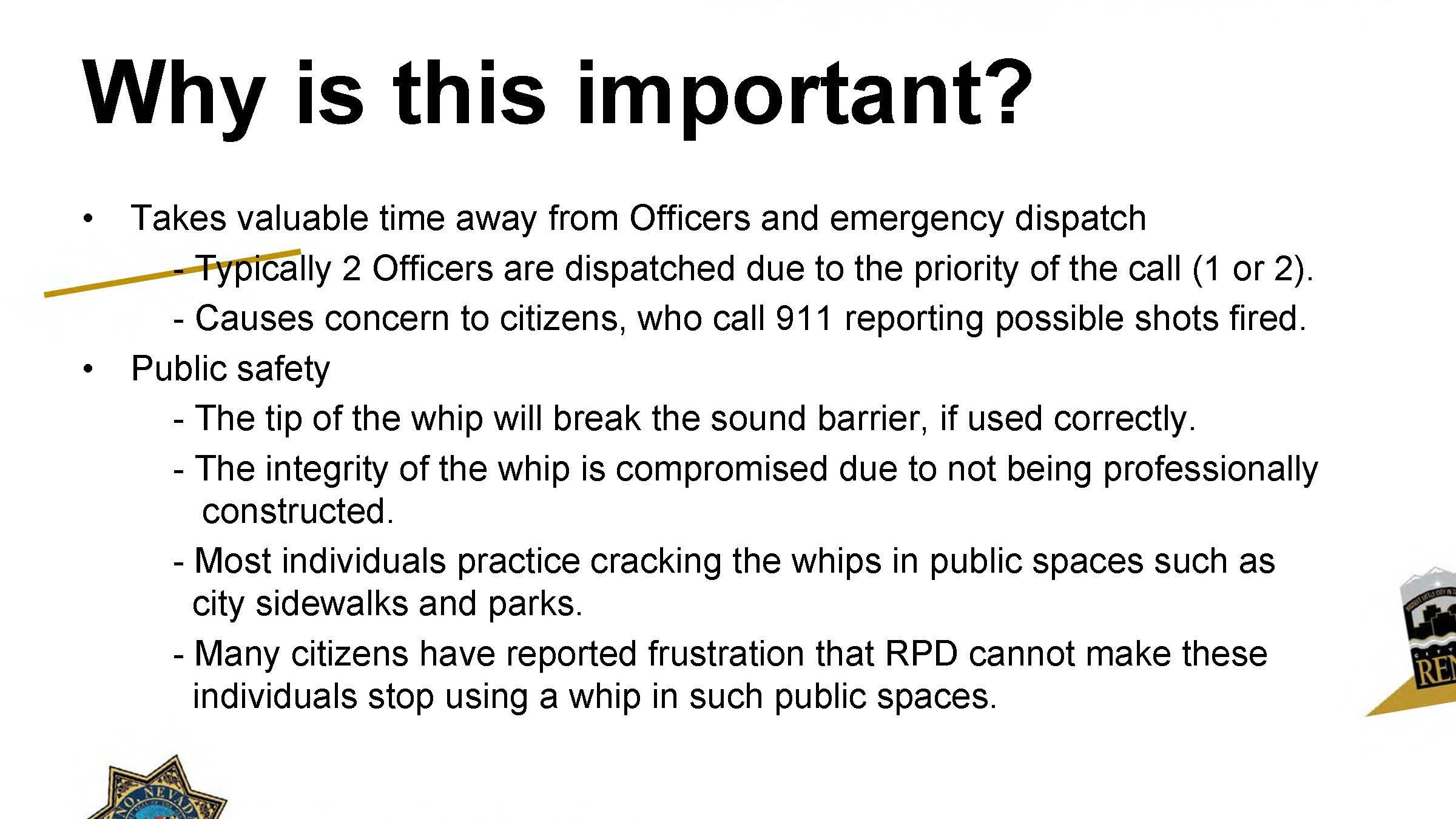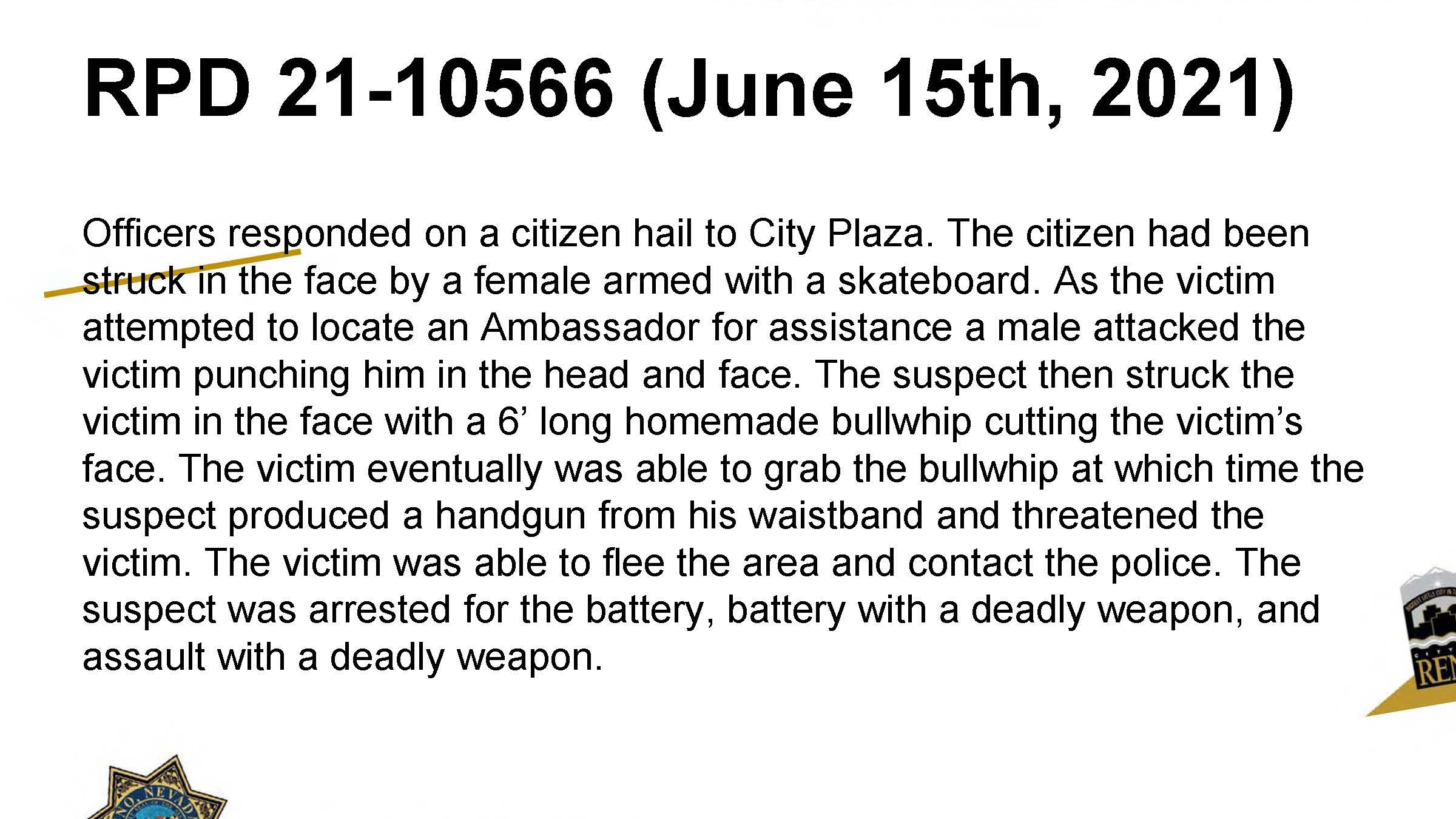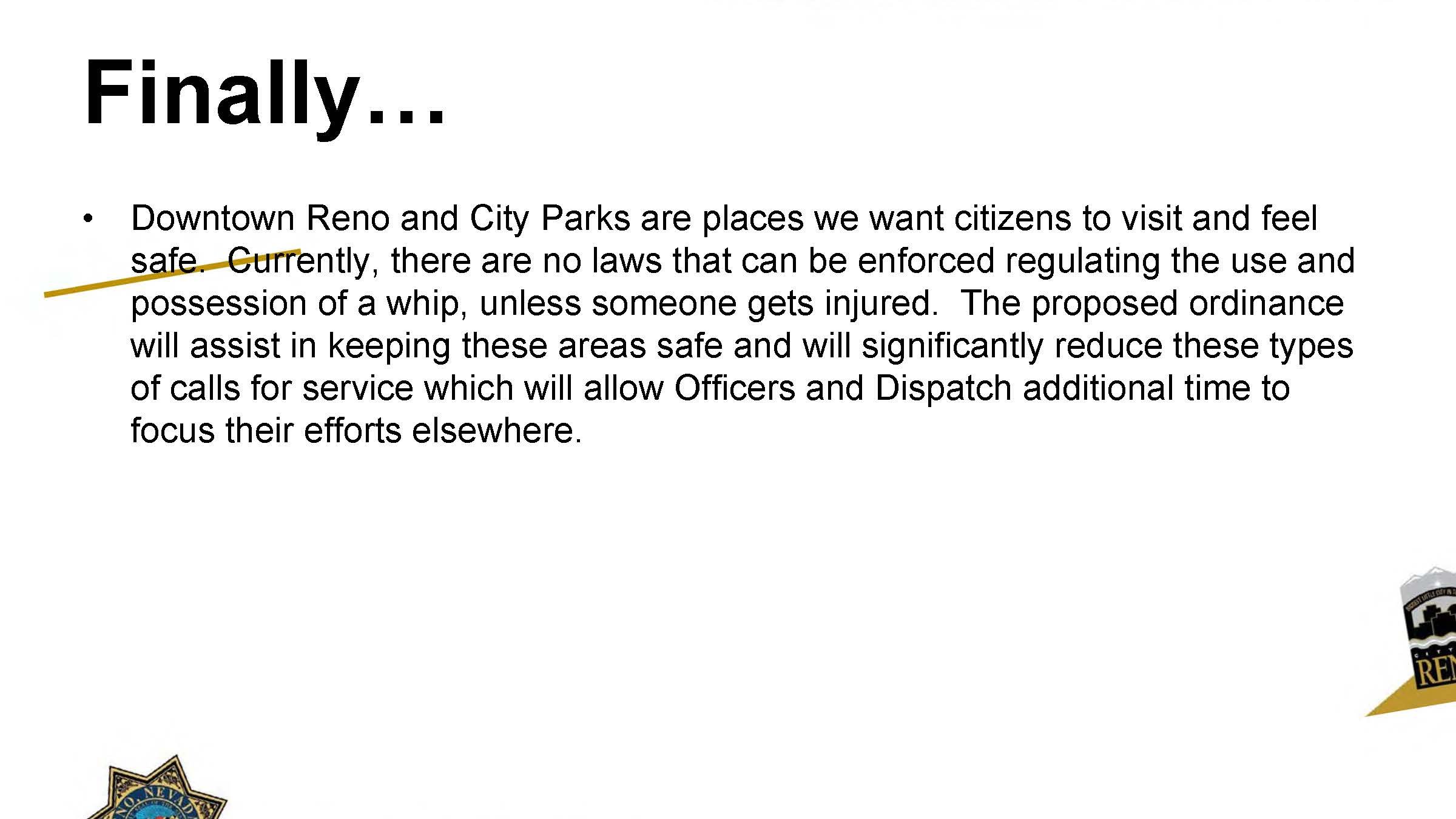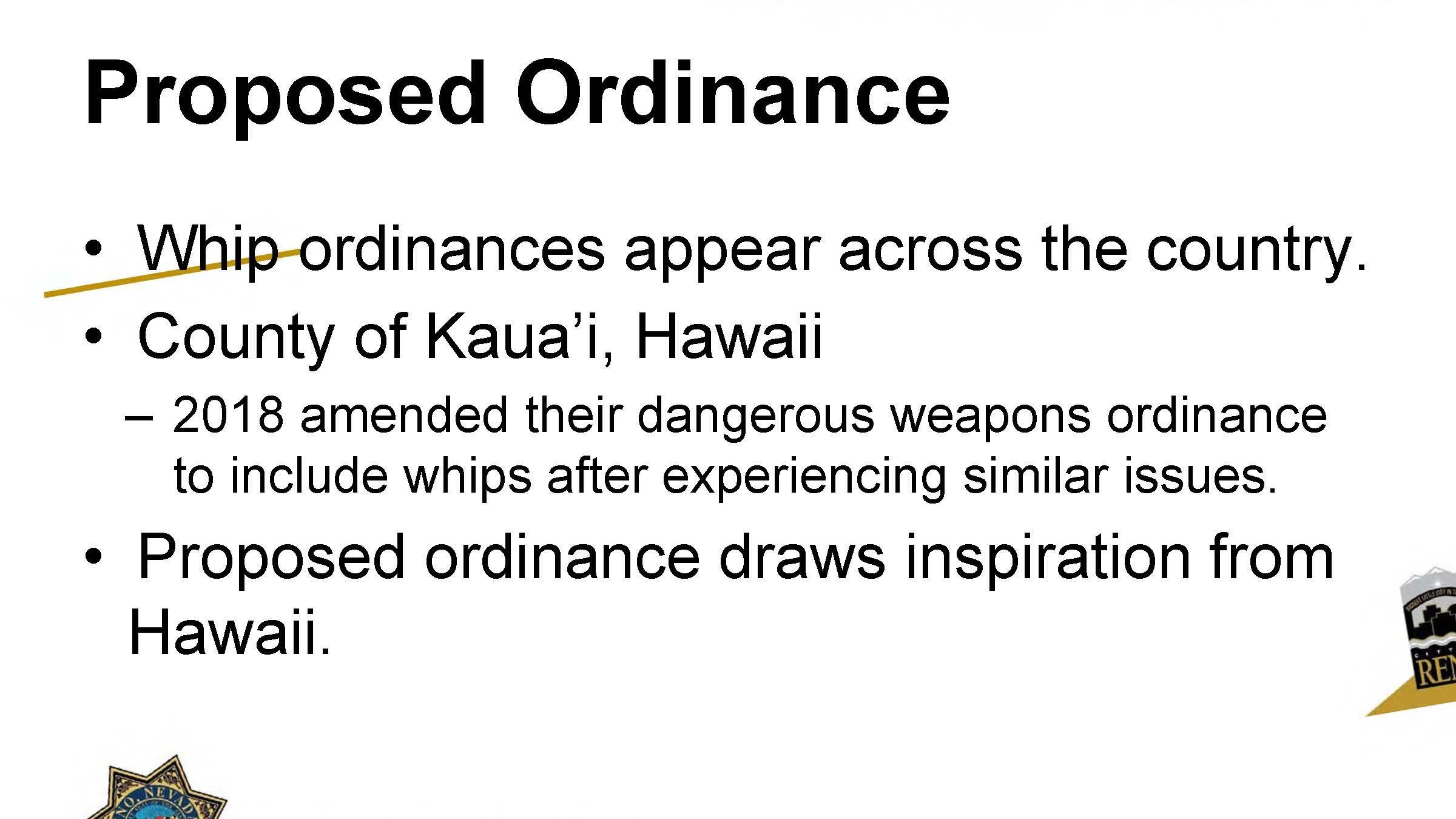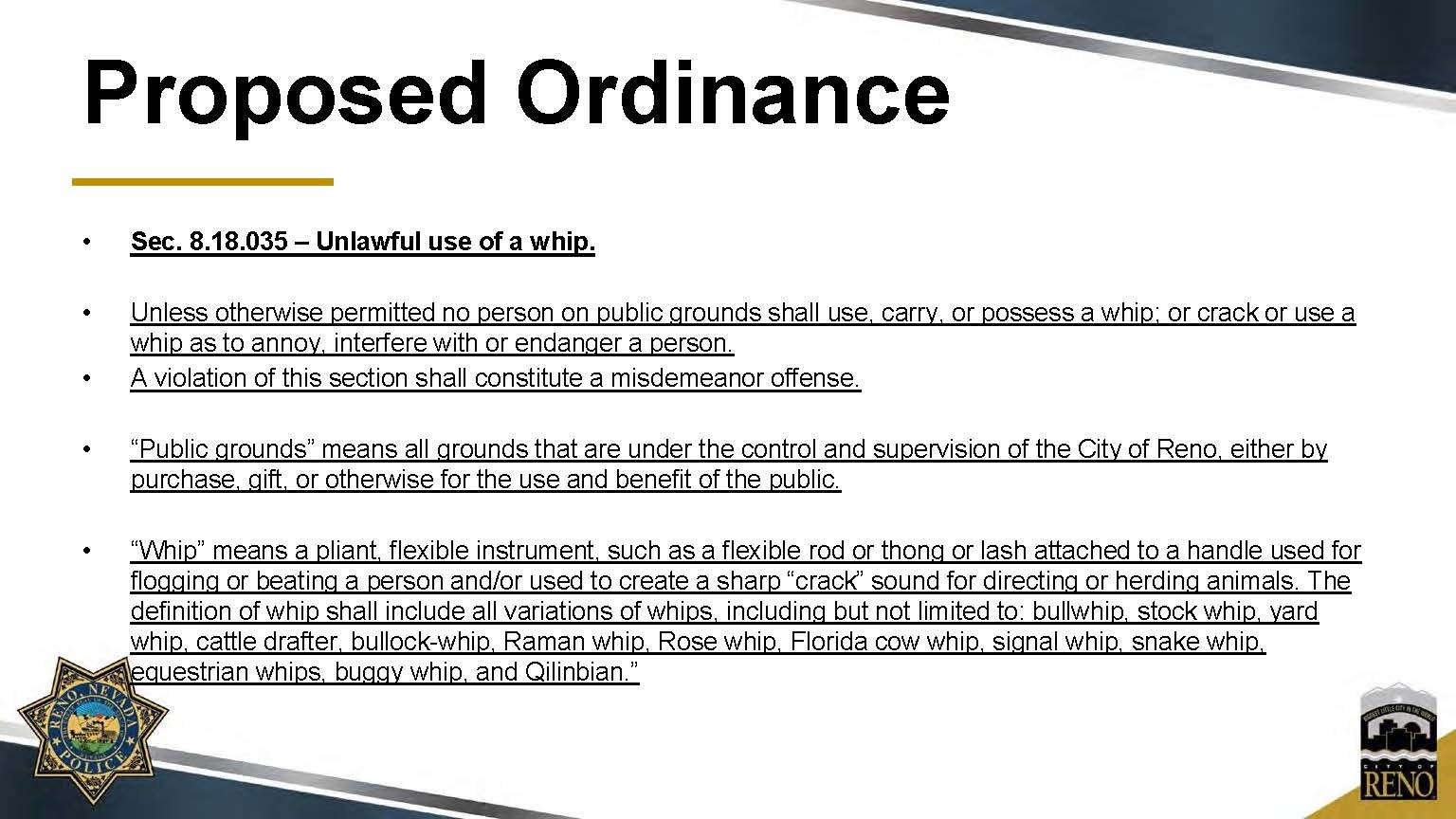The clown is a figure on the edge. In the rodeo, he has a microphone.
In the parking lot, a teenage cowboy rides a hover board and swings a lasso above his head. He successfully ropes a stationary plastic steer as his family looks on.
“…disorder exists with order. that the divine and the human are absolutely linked; the sacred and the profane co-exist. Clowns play at the edges of what is proper. In doing so they highlight what could be a 1-sided sacred approach…that didn’t always allow for disruption… For the chaos that is inherent in our lives…” - Michael Bala
Thank you to Geoff from In Other News Radio for letting The Wind use clips from this interview.
Tags, Topics + Mentions: Rodeo, Rodeo Clown, Clown, ranch hand rodeo, the role of the rodeo clown, clowns in contemporary culture, Nevada rodeo, buckaroos, bull riding, bronc riding, the american west, performers of the american west, rodeo arena, winnemucca, winnemucca nevada